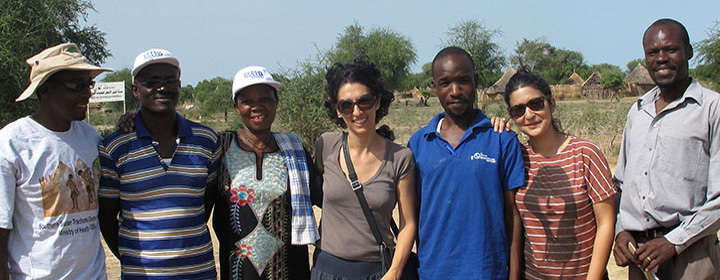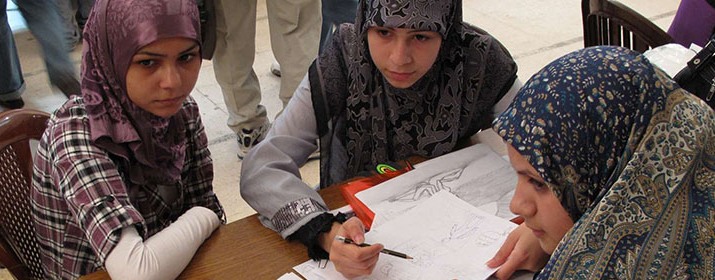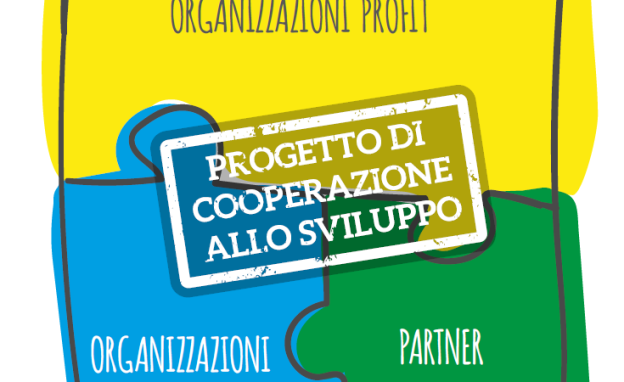The “Guide to facilitate Profit-No Profit partnership in Developing Countries” has been presented in Milan, in front of a large audience. Adriana Spazzoli, Sodalitas Foundation’s President has declared: “We want to make this Guide available to many enterprises and NGOs that will want to work together to promote a necessary cultural change, by realizing partnership development-oriented”.
Since the six-monthly period of Italian presidency of the European Union, Link2007 has assumed as a priority the theme of the entrepreneurship system’s inclusion in the development cooperation. We have proposed to our institutions some analysis documents, like, for example, “Development Cooperation. Enterprises and human rights, social responsibility and environmental liability” of 3th December 2014, “The potential role of private sector in international cooperation strategies: food for thought and deepening proposals” of 5th January 2015 and, more recently, the 19th October 2016, a document on an European foreign investment plan in Africa, Mediterranean and Middle-East.
This engagement, today, is becoming realty through a working group dedicated to CNCS’ private sector, a working table promoted by Sodalitas and through the dialogue with DGCS, AICS and Cassa Depositi e Prestiti.
The recent international cooperation reform (L. 125/2014), in fact, in line with international strategies, includes for the first time also private enterprises among the main actors of the cooperation system. An Italian strategy that mires to enhance resources to realize projects in Developing Countries.
With the objective of contributing to the reform implementation, Sodalitas Foundation has set up the first Guide to realize, between enterprises and NGOs, advantageous partnerships, that will generate social and economic value in Developing Countries, supporting satisfaction of local needs.
The “Guide to international cooperation partnership” results from some enterprises – part of Sodalitas Foundation – and Italian NGOs (representatives of the three national networks) contribute. They have worked together by sharing experiences, processes and praxis.
Adriana Spazzoli also declared: “A fundamental condition to development, today, is the willingness of enterprises, institutions and private stakeholders to work together. The international cooperation reform will succeed if enterprises and NGOs will be able to realise real partnerships, potentially advantageous for all the involved stakeholders.
Our “Guide to international cooperation partnerships” aims to contribute to this objective, by offering standards, paths, tools and methodologic references”.
Cooperate with NGOs can generate a measurable economic value for enterprises, in terms of acceding to new Countries (or growing in Countries where they were already been working), qualifying their relation system and innovate their own capacity of staying in the market.
Source: Link2007









